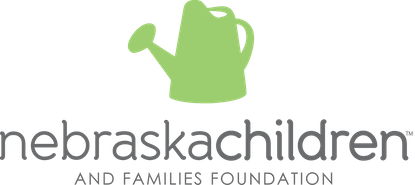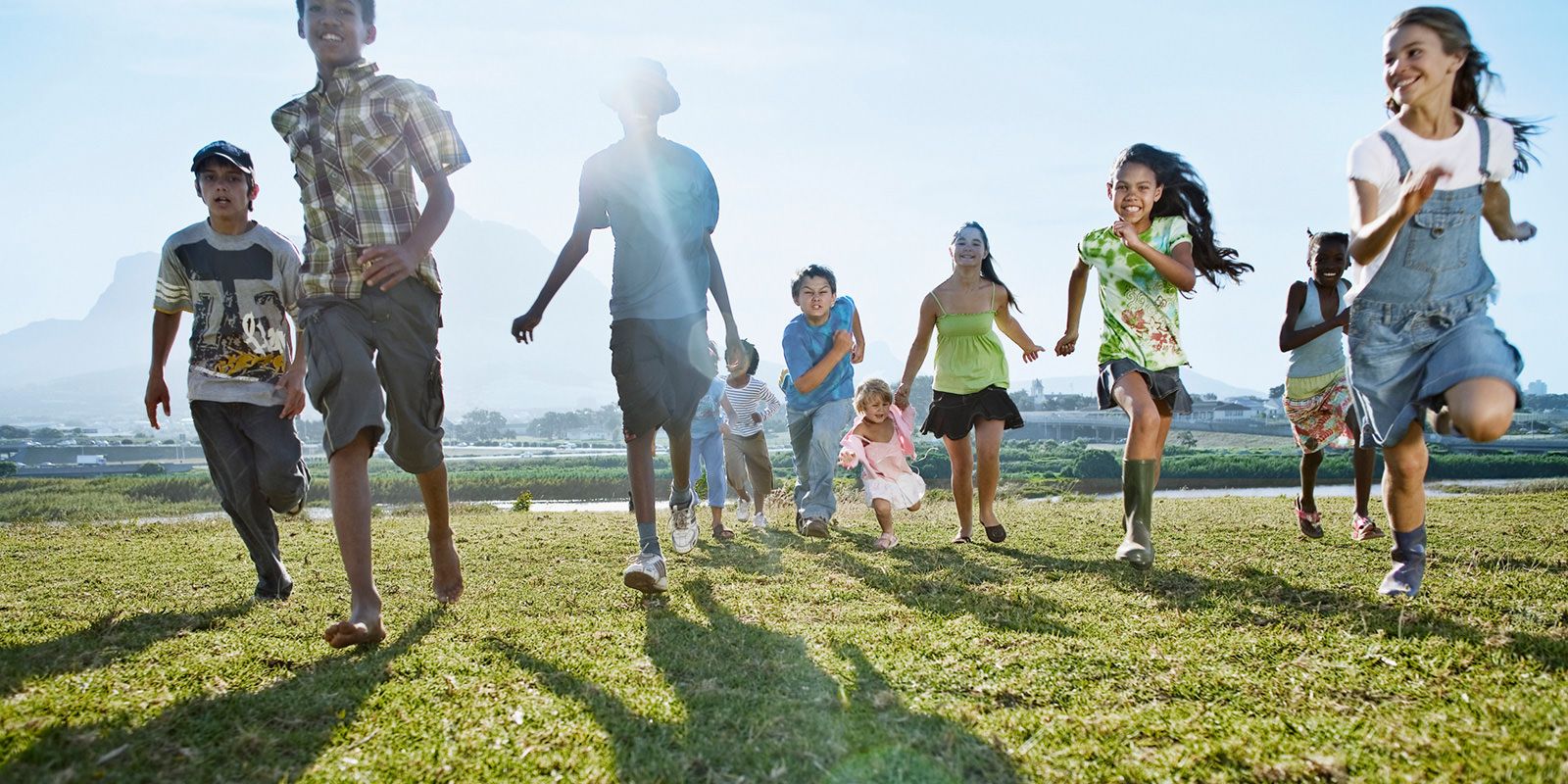I'm from the Dakota County/Thurston area and JoAnn Gieselman and all of her partners in Growing Community Connections have the most amazing community collaborative, I believe, in the whole state of Nebraska. I have been so impressed with what they are doing and how they are taking care of their community. They have people coming together from all walks of life - from the educational side, law enforcement side, business community - everybody is working together to make sure that their children are strong and that they have a viable community.
I recently heard a story about a family that Growing Community Connections was able to help. A father had recently lost his job. Shortly after, the family experienced a flat tire when the father was driving his young son to school. The combination of stressors put the boy in tears. A school counselor shared the family’s story with Growing Community Connections and a representative called the family’s home and asked if they could use a little extra support. The family agreed and the collaborative was able to help the father find employment. They assisted with car repair and a bit of financial support to take care of utilities. The little boy was happy because daddy was happy.
Collaborations like Growing Community Connections make these success stories happen. I can’t see it being done any other way. Most people don't want to tell you that they're down-and-out or that they're having trouble. With the school counselor sharing that story with others in Growing Community Connections they could be proactive before the family was truly in crisis. They are making sure that families are whole and that they have connections they can trust within their community.
From a business point of view, if you want to draw businesses and employees to your community, collaboratives like Growing Community Connections are vital. “If people come to your community and want to bring a business, they're going to be asking questions. And when you start asking around and you hear of all the support that they have in that community, that's where I'd want to be,” said Senator Albrecht.
From a DHHS area administrator

In my role as an administrator with DHHS, we are very fortunate to have five community collaboratives within the counties that we serve. When I go to collaboration meetings, it's truly just awe-inspiring and really energizes me to go back and do my work. I see partners coming together who never would have been sitting at that table together, having conversations about how we're going to change the way we do our work, and coming up with innovative ideas on how to have thriving youth and families in our communities.
The power of local community collaboratives is that they are a central point for families to get help and get answers to their questions. It’s been a way for families to feel connected to their communities. And when they need some assistance, they're able to go to one spot, instead of going to multiple nonprofits and churches and other organizations and having to retell their story over and over again - which for most families feels shameful. It's just been a great collaboration between community partners to come together to help those families feel empowered and to be able to get the help they need in a short amount of time.
Nebraska DHHS has seen a 20% reduction in children in out-of-home care, that is result of a lot of hard work from our frontline staff and getting kids safely home with their families. It’s also the result of two other things. One, the number of children and families that are coming into our system. We have a lot of families that are now being served in the community through Community Response, but we're also closing out family cases and able to refer those families into Community Response as well. “That means lower caseloads for my staff and then the families who are living in poverty, who don't need to be in our very intrusive system, can get the help in the community that they need.” If something else does arise in the future before it gets to a crisis point, they have a contact within the community to be able to reach out to get the help they need, instead of coming back into the system.

